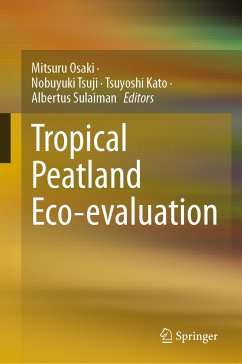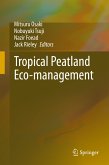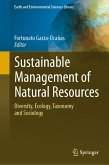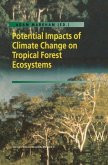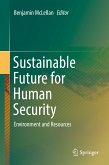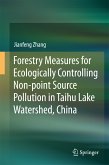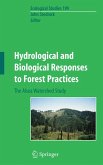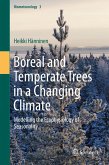This book focuses on eco-evaluation system monitoring and sensing, carbon-water modeling, mapping, and disaster prediction. It is the 3rd book on tropical peatland issues, following 1st "Tropical Peatland Ecosystem" and 2nd "Tropical Peatland Eco-management" publications. Tropical peatland is also a wetland, mangrove, and rainforest. With this nature, two major key elements of tropical peatland are water and forest. This book introduces the relationship and interaction among water, oxygen, and nutrients as well as aspects of the forest as the driving force of carbon stock and the carbon cycle. Eco-evaluation system is key to conserving, managing, and restoring tropical peatlands, however comprehensive system for Eco-evaluation in the Tropics is not yet established. This book reviews and proposes Eco-evaluation methods in the Tropics Ecosystem, focusing mainly on the peatland ecosystem and others, covering Social Capital such as Credit, Bonds, National Accounting, etc.
Dieser Download kann aus rechtlichen Gründen nur mit Rechnungsadresse in A, B, BG, CY, CZ, D, DK, EW, E, FIN, F, GR, HR, H, IRL, I, LT, L, LR, M, NL, PL, P, R, S, SLO, SK ausgeliefert werden.

